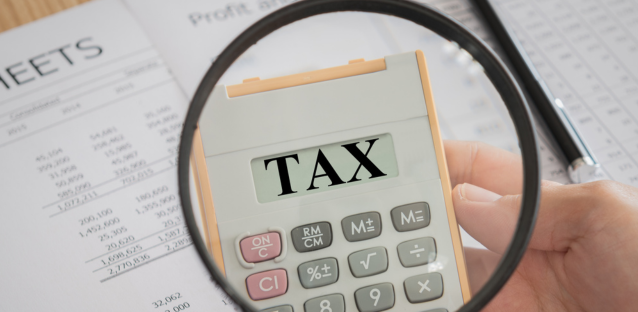Tax works a little differently if you’re a business owner and it’s important to be aware of the details so that you’re being compliant.
Often, business owners will appoint the help of a financial expert to arrange these finances and ensure you’re staying on top of your financial admin. Otherwise, you could face fines, sanctions and further, more serious investigations depending on the issue at hand. Tax evasion is a serious offence and is regularly reported in the news . There are also wider issues with accusations of HMRC failing to scrutinise potential tax avoidance Factors such as having a business premises or having employees can also dictate the type of tax you pay. metatrader 4
There are several types of tax you’ll need to pay as a business owner. Here’s what you need to know.
Corporation tax
This is taxed based on the profits your business generates. Currently, the corporation tax rate sits at 19% and it is imposed at a national level. However, there is small business relief out there if you need it.
Income tax
This is implemented based on the income or profits earned by individuals or entities. It’s worth noting that you don’t have to pay tax on all types of income and that income tax relief is available if you qualify.
VAT
Otherwise known as Value Added Tax, VAT is added to most products and services sold by VAT-registered businesses. Businesses are required to register for VAT if their VAT-taxable turnover is more than £85,000., however, there is an option to register if this turnover is below £85,000.
Business rates
Business rates can also be known as non-domestic rates. These are taxes on non-domestic properties, including shops, offices, warehouses, pubs and even holiday rental homes. It’s important to check whether this applies to you and your business. Business rate requirements are different if your property is located in Scotland or Northern Ireland, so make sure you check this.
Capital gains
This is a tax on profits from the sale of a non-inventory asset. This might be from the sale of stocks, bonds or property. Think of it as a tax on any profit generated when you ‘dispose’ of an ‘asset’ that has increased in value. Selling a property would be an example of this.
Employee national insurance contributions
These are a tax on the earnings and self-employed profits paid by employees, employers and the self-employed. The amount paid is dictated by the employee’s National Insurance category letter, as well as how much of the employee’s earnings sit within each band.
Remember to seek financial advice where possible to make sure you’re meeting the correct tax requirements.
